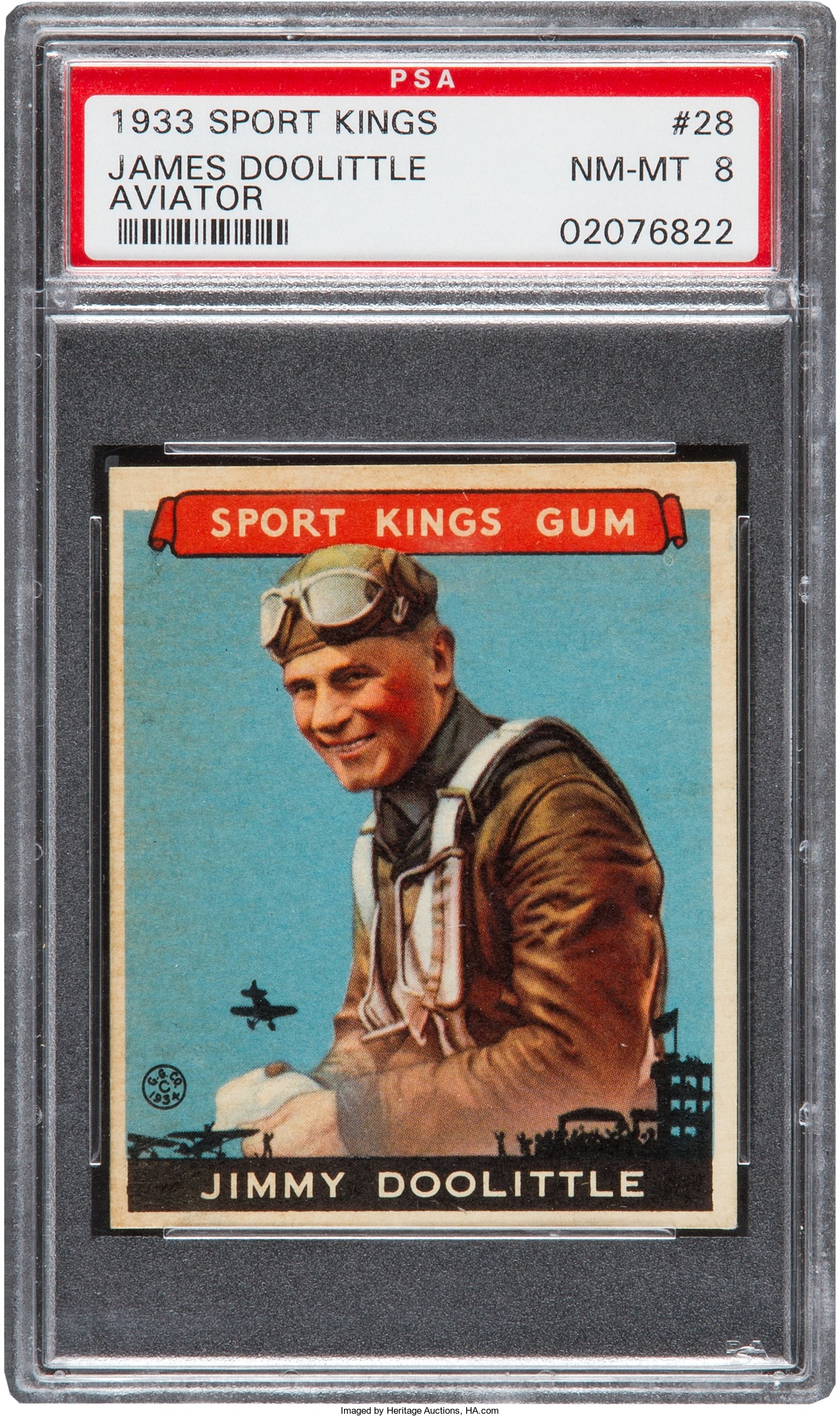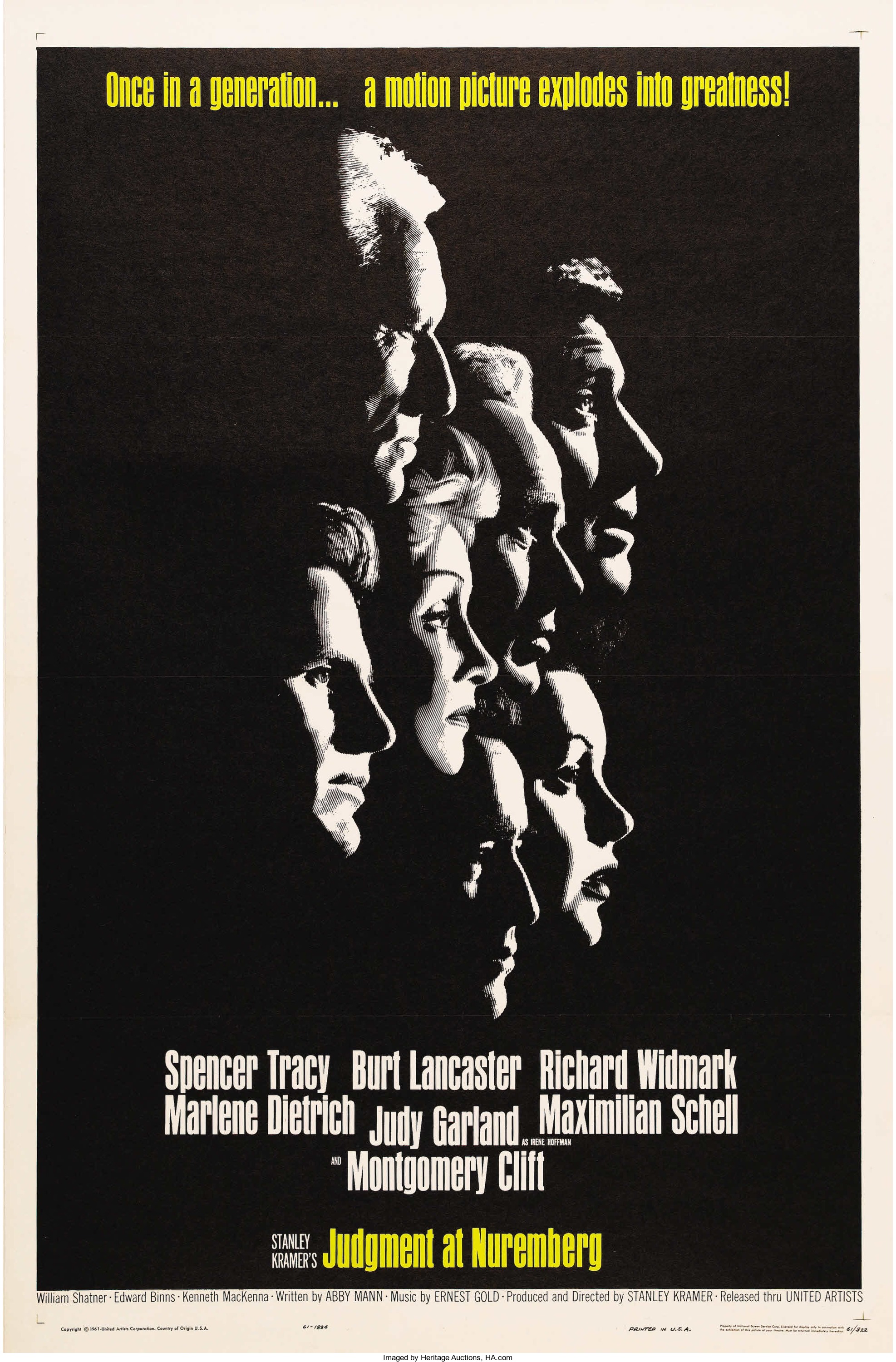
By Jim O’Neal
Spencer Tracy was the first actor to win back-to-back Oscars for Best Actor – in 1937 for Captains Courageous and 1938 for Boys Town. In 1944, he played the role of Lieutenant Colonel Jimmy Doolittle in the movie Thirty Seconds Over Tokyo, based on the true story of the Doolittle Raid.
The Doolittle Raid occurred on April 18, 1942, four months after the Japanese bombed Pearl Harbor. This precipitated the United States’ formal declaration of war against Japan and led to the nation’s entry into World War II. Sixteen U.S. Army Air Force B25B Mitchell bombers (named in honor of Major General William “Billy” Mitchell) took off from the decks of the USS Hornet. They were loaded with bombs to be dropped on Tokyo, Kobe, Yokohama, Osaka and Nagoya on Honshu Island in Japan.
They were launched from deep in the western Pacific Ocean, beyond fighter escort range, to demonstrate that the Japanese homeland was vulnerable to American air attacks and cast doubt on claims that Japan’s leaders could defend their home islands.
Doolittle would later write: “There was a second and equally important psychological reason for this attack … Americans badly needed a morale boost.”
Doolittle led the raid and his remarkable flying career included being the first person to be awarded the Medal of Honor and the Presidential Medal of Freedom, the nation’s two highest honors. Other commendations included two Distinguished Service Medals, the Silver Star, three Distinguished Flying Crosses, the Bronze Star, and four Air Medals. Other honors poured in from Great Britain, France, Belgium, Poland and Ecuador.
In 1989, he was in the inaugural group of inductees to the Motorsports Museum & Hall of Fame for his exploits in air racing.
Since the Doolittle Raid bombers were unable to return and land on the Hornet, the plan was for the pilots and crews to land in mainland China, however, they were forced to bail out. Luckily, Doolittle and his crew were guided to safety by John Birch, the 27-year-old missionary turned intelligence officer. His name was appropriated by Robert Welsh when he founded the ultra-right wing conservative John Birch Society. Birch had become a symbolic hero after being shot by the Chinese Red Army.
Welsh had made a fortune selling candy and his company originated the famous Sugar Daddy sucker that me and my boyhood friends enjoyed (they are now made by Tootsie Roll Industries). Using the “Six Degrees of Kevin Bacon” theory, I guess we weren’t too separated from our hero Jimmy Doolittle.
Small world.
Intelligent Collector blogger JIM O’NEAL is an avid collector and history buff. He is President and CEO of Frito-Lay International [retired] and earlier served as Chairman and CEO of PepsiCo Restaurants International [KFC Pizza Hut and Taco Bell].


 Intelligent Collector blogger JIM O’NEAL is an avid collector and history buff. He is President and CEO of Frito-Lay International [retired] and earlier served as Chairman and CEO of PepsiCo Restaurants International [KFC Pizza Hut and Taco Bell].
Intelligent Collector blogger JIM O’NEAL is an avid collector and history buff. He is President and CEO of Frito-Lay International [retired] and earlier served as Chairman and CEO of PepsiCo Restaurants International [KFC Pizza Hut and Taco Bell].